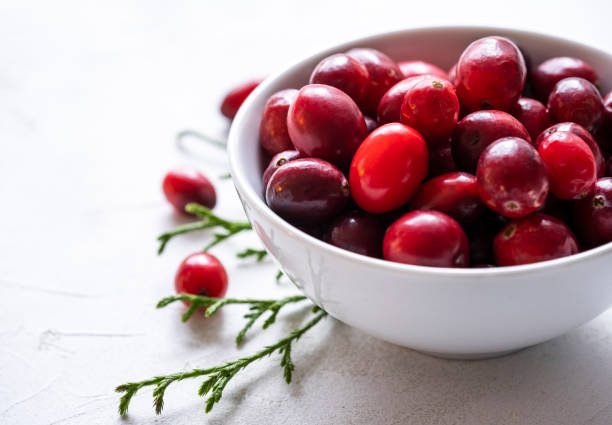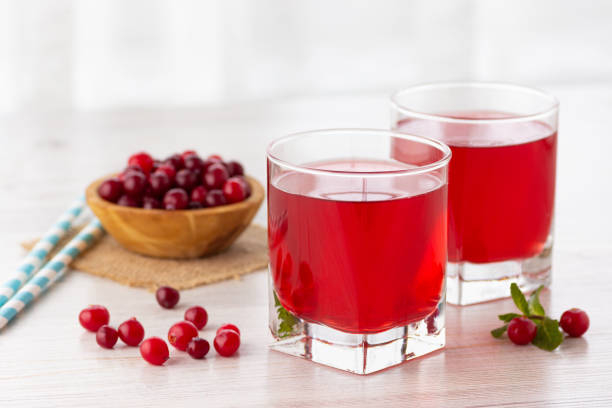Cranberries

Cranberries are an extremely healthy fruit with a tart taste. That’s why they’re rarely eaten raw. Instead, they are commonly consumed as juice or as cranberry sauce. One cup (110 grams) of raw cranberries provides:
- Calories: 46
- Fiber: 3.6 grams
- Vitamin C: 16% of the DV
- Manganese: 11% of the DV
Cranberries contain antioxidant polyphenols as other berries do. The majority of these antioxidants are lost when they are made into juice, which is how they are typically ingested. Therefore, cranberry juice has fewer polyphenols than raw cranberries. The capacity of cranberries to help lower the risk of urinary tract infections is their most well-known health advantage (UTIs). Cranberries have certain qualities that stop the bacteria E. coli from adhering to the bladder or urinary tract walls, lowering the risk of infection.
Cranberry juice or cranberry supplements can lower the risk of UTIs, according to a number of studies. Additionally, cranberry juice may lower the risk of various infections. A form of bacteria called H. pylori can result in gastric cancer and stomach ulcers. Cranberry juice can help prevent infections, and H. pylori from sticking to the stomach wall and act as adjunctive therapy to antibiotics, according to a number of studies.









